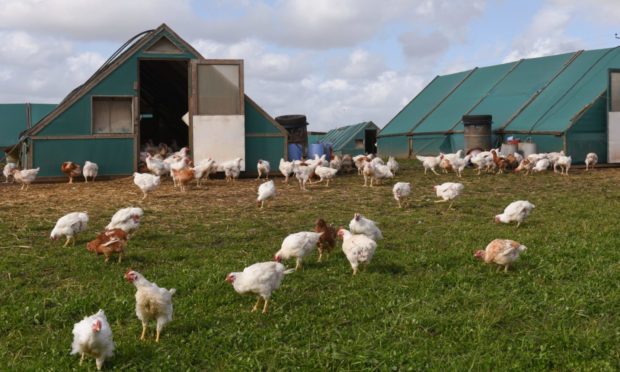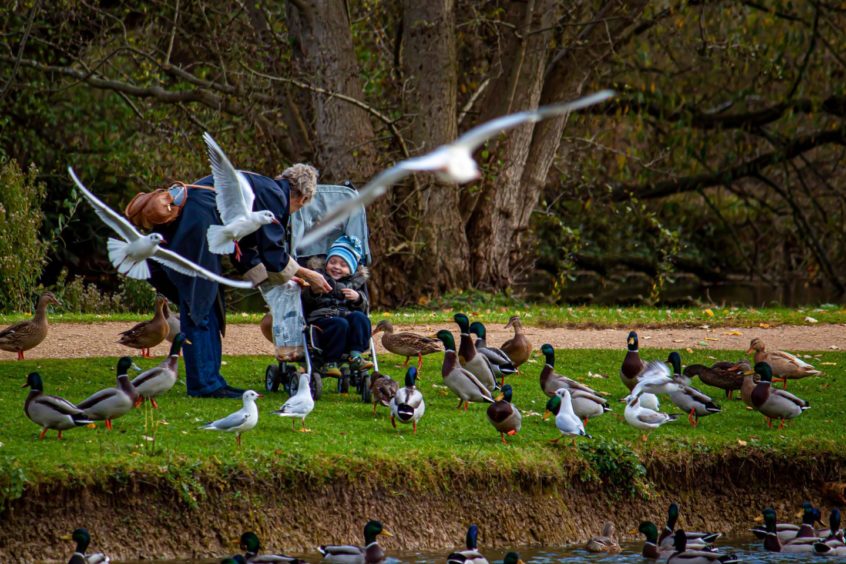Strict biosecurity measures which were introduced to protect flocks from bird flu are being lifted at midday on Saturday.
However, while the risk of the disease in poultry with good biosecurity measures has been reduced to “low” , bird flu is still circulating in wild birds, and Scotland’s Chief Vet has reminded poultry keepers to remain vigilant for any signs of the disease and to seek advice from vets if they have any concerns.
Biosecurity measures recommended by the Chief Vet include: fencing off ponds, streams, boggy areas or standing water and draining them where possible; netting or covering ponds; removing any wild bird feed sources; deterring wild birds by walking through the area or by using predator decoys; cleansing and disinfecting concrete areas; putting down wood shavings in wet areas; and limiting visitors to the site and using disinfectant foot dips when entering and exiting enclosures or houses.
All poultry and bird gatherings, including pigeon gatherings organised for races from mainland Europe, will be permitted, provided organisers notify the Animal and Plant Health Agency at least seven days before the event takes place and they comply with the provisions of a new general licence.
Helpline
Poultry keepers and the public are asked to report dead wild birds to the Defra helpline on 03459 33 55 77 (option 7), and keepers should report suspicion of disease in Scotland through the local Field Service Office.

